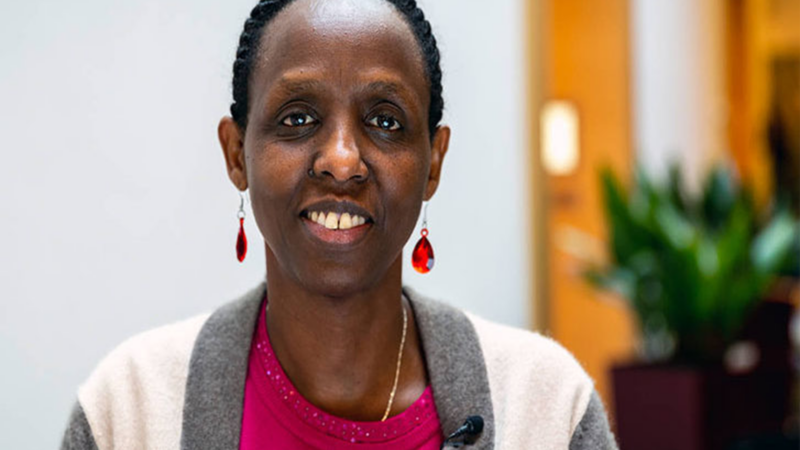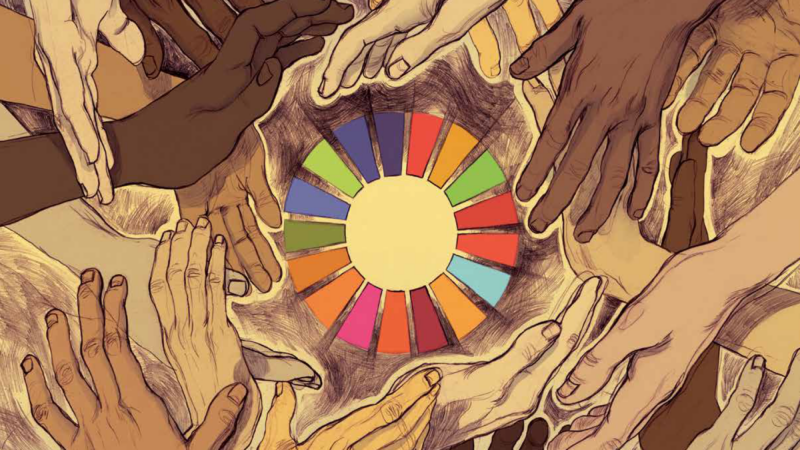rwanda
The Drone Edge in Vector Control
Achieving global vector control’s potential requires “realigning programs to optimize the delivery of interventions that are tailored to the local context [and]…strengthened monitoring systems and novel interventions with proven effectiveness.” This includes “integration of non-chemical and chemical vector control methods [and] evidence-based decision making guided by operational research and entomological and epidemiological surveillance and evaluation.”
Drones or “unmanned aerial vehicles” (UAVs) can save time and money compared to conventional ground-based surveys. Sophisticated models and monitoring equipment can be purchased for a few thousand dollars. They don’t require a pilot’s license, they are becoming easier to fly, and their paths can be fully automated through AI, machine learning, global positioning systems, and computer vision.
Dr. Agnes Kalibata: Sustainable Agriculture Advocate
When it comes to building a healthier and more sustainable future, few people have made as much of an impact as Dr. Agnes Kalibata. As a renowned agricultural scientist, policymaker, and advocate for nutrition and food security, Dr. Kalibata has spent decades working to improve the lives of people in her home country of Rwanda and around the world.
After growing up in an Ugandan refugee camp with her Rwandan parents, Dr. Kalibata earned a degree in agricultural sciences from Makerere University in Uganda and then went on to complete a PhD in entomology at the University of Massachusetts Amherst. However, it was her work in Rwanda’s Ministry of Agriculture that really put her on the map.
Earth Day & Public Health: Unavoidably Connected
Each year on April 22nd, people and nations around the world celebrate Earth Day to raise awareness and promote action toward environmental protection and sustainability. Activities typically include community clean-ups and educational campaigns designed to promote sustainability in daily life.
The origins of Earth Day date back to the 1960s and a decade of growing enviro-consciousness brought about by the publication of Rachel Carson’s Silent Spring and a series of environmental disasters that climaxed with a devastating oil spill off the coast of California in 1969. Gaylord Nelson, a U.S. Senator from Wisconsin, organized the first Earth Day in 1970, when an estimated 20 million Americans took part in organized activities ranging from tree plantings to beach cleanups and teach-ins on college campuses.
Since those humble beginnings, Earth Day has become a global event – but amidst the tree plantings and landscape revitalization lies a subtle and yet direct connection between Earth Day and Public Health. Just as we depend on the natural environment for our survival, civilization creates and shapes a social and economic environment that greatly influences the health and well-being of our species.


